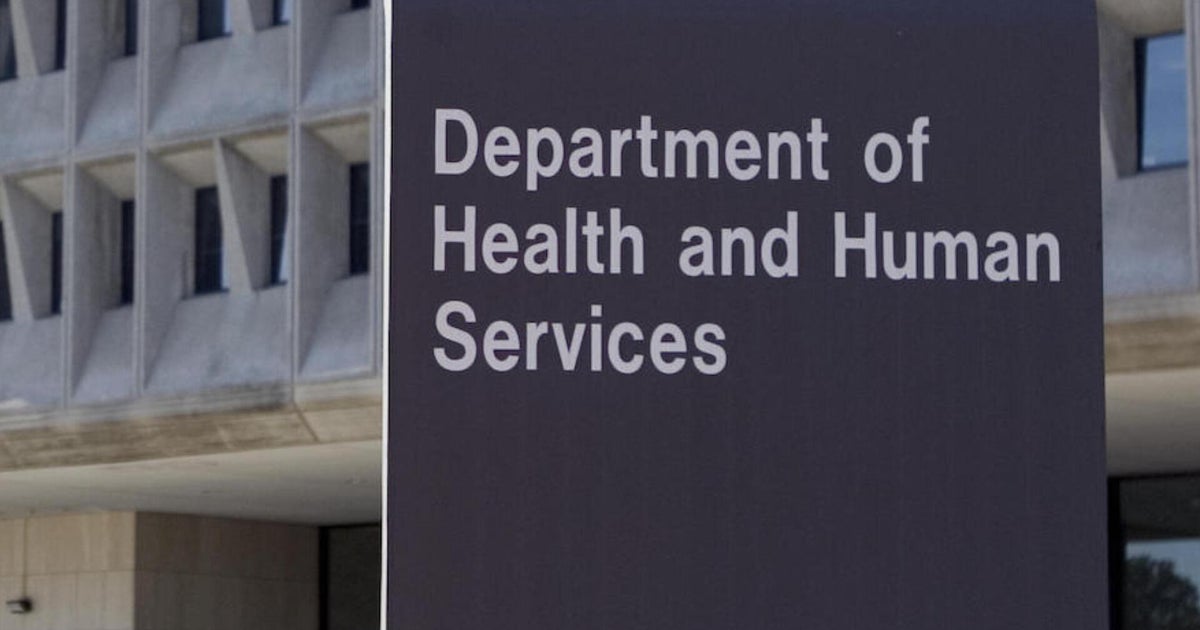Four Seasons Hotel offers New York City medical workers free rooms so they don't infect their families with coronavirus
Doctors, nurses and other medical professionals on the frontline of the coronavirus pandemic in New York City may no longer need to worry about long commutes and potentially infecting their families. Governor Andrew Cuomo announced Wednesday that the Four Seasons Hotel in midtown has offered to house medical personnel for free.
The Four Seasons on East 57th Street closed to the public last Friday and won't take any reservations until at least April 15. A number of hospitals are relatively close to the five-star luxury hotel, including Bellevue, NYU Langone, Weill Cornell Medical Center and Mount Sinai.
"Our health care workers are working tirelessly on the front lines of this crisis," said Ty Warner, the chairman of the hotel's corporate owner, in a statement to WCBS.
"Many of those working in New York City have to travel long distances to and from their homes after putting in 18-hour days. They need a place close to work where they can rest and regenerate. I heard Governor Cuomo's call to action during one of his press conferences, and there was no other option for us but do whatever we could to help."
"The first of many hotels we hope will make their rooms available," Cuomo said in a tweet.
New York state has quickly become the epicenter of the coronavirus in the U.S., with 30,811 cases on Wednesday, 17,856 of which are in New York City. According to Cuomo, 3,805 people have been hospitalized — 888 in the ICU.
The news comes as many health care professionals say they are "scared" to go to work, not just for their own safety, but the safety of family members they could potentially infect.
"I'm scared for my loved ones. Honestly, I'm being as candid as I can be. I'm no hero, but I'm not scared about myself," Zaheer Shah, a primary care physician in Arizona, told CBS This Morning. "I'm willing to bargain my own safety, but am I willing to bargain the safety of my child and my mother-in-law? I think that may be a bridge too far."
A severe lack of PPE, or personal protective equipment, is also a major concern for medical staff and their families.
"The fact that we don't have the right protective gear to handle these patients makes me know that I am at risk," California emergency medicine physician Dr. Hala Sabry said. "I see that my colleagues are getting ill, and there are two right now that are on ventilator support, and that makes me very, very worried, especially because I have a family just like they do."




